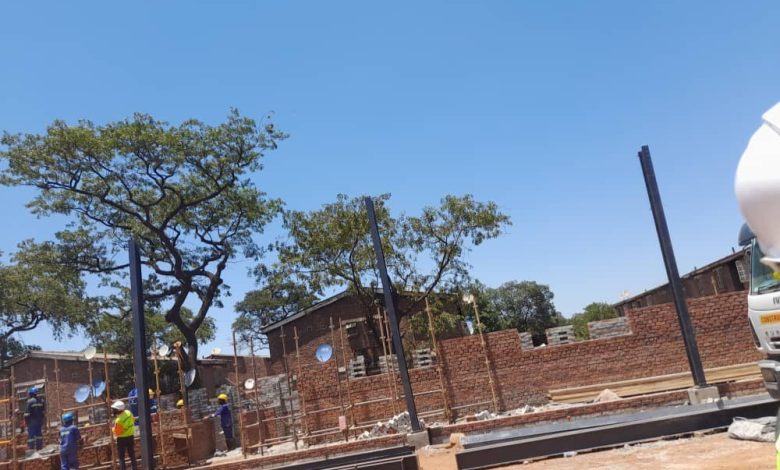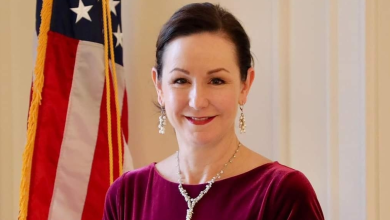Mbare Musika Traders Market Nears Completion at 65% Progress

The ambitious reconstruction of the Mbare Musika Traders Market, Zimbabwe’s largest informal market, is now 65% complete. The project is expected to be finished by the end of 2024, signaling a significant upgrade to a facility that serves as a critical economic hub for thousands of traders.
Modernization and Capacity Expansion
The redevelopment, part of the government’s broader urban renewal strategy, is designed to accommodate 10,000 traders in a modern, three-story structure. The new design prioritizes safety, efficiency, and sustainability. It introduces the “Smart Market” concept, aimed at creating a secure and technologically advanced trading environment. The multi-story facility will organize traders by type across different levels, enhancing functionality and convenience
Economic and Social Impact
Mbare Musika has historically supported informal traders and small-scale enterprises, forming a vital link in Zimbabwe’s supply chain. The government, through this project, aims to bolster economic stability by resuscitating affected businesses. Efforts include grants, loans, and training programs to help traders restock and rebuild operations following disruptions caused by past incidents such as fires
Completion Timeline and Benefits
With construction steadily progressing, the facility is expected to open by December 2024. This milestone aligns with broader urban regeneration goals in Harare, targeting improved public infrastructure and better livelihoods for residents.




